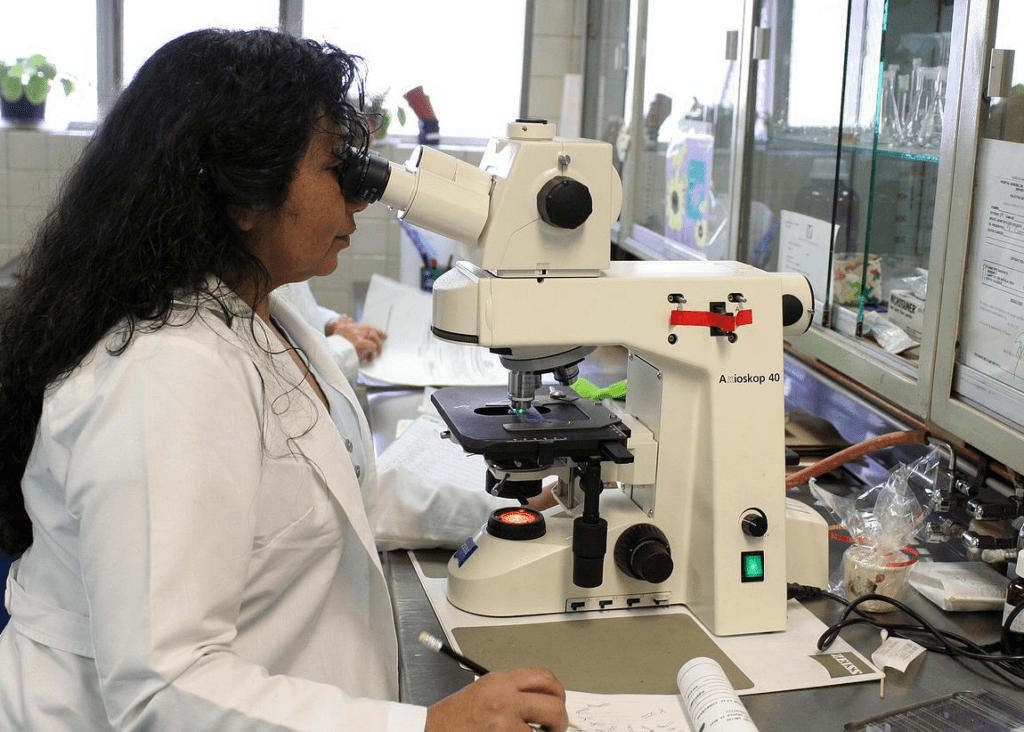Over the last 25 years, licensing of academic patents from universities and nonprofits has made a major contribution to U.S. GDP, industrial gross production, and job creation. This highlights the importance of fundamental and applied research to the U.S. economy as well as the necessity for public-private collaborations.
The findings are the result of an independent study commissioned by the Biotechnology Innovation Organization (BIO) and AUTM, a global nonprofit that seeks to bring ideas from academic universities into the marketplace.
The report, “The Economic Contribution of University/Nonprofit Inventions in the United States: 1996–2020,” shows that federally funded research gives U.S. taxpayers a big return. Over a 25-year period, nonprofit patents and the licensing of those patents to industry boosted the gross output of U.S. industry by up to $1.9 trillion, added up to $1 trillion to the U.S. GDP, and supported up to 6.499 million jobs.
Partnerships for life-saving medicines
“This report highlights the importance of public-private partnerships and the critical role of private investment within the life sciences industry,” said John A. Murphy III, Chief Policy Officer and Deputy General Counsel for BIO.
”Long-term investment and partnerships in these scientific endeavors fuels biomedical innovation, which yields countless benefits to Americans in the form of life-saving medicines, environmental and agricultural products, and many more inventions. That’s on top of protecting millions of jobs and robust contributions to the U.S. and global economy. Protecting these relationships and the ability to share technology is absolutely crucial,” he said.
The findings are based on data acquired by AUTM in its Annual US Licensing Activity Survey. The study reveals the need for public-private collaborations to promote new and better products. With active licenses increasing from 12,000 in 1996 to over 53,000 in 2020, these partnerships show a significant industry interest in academic discoveries.
“Thousands of life-changing innovations are developed each year on research campuses nationwide, and they rely on a vital relationship between academia and industry to advance them into the marketplace,” said AUTM CEO Dr. Stephen J. Susalka. “This report provides an important perspective on the expanding deal pipeline that results in vital nextgen products.”
The report was released during the BIO International Convention in San Diego, California, on June 14, 2022.




